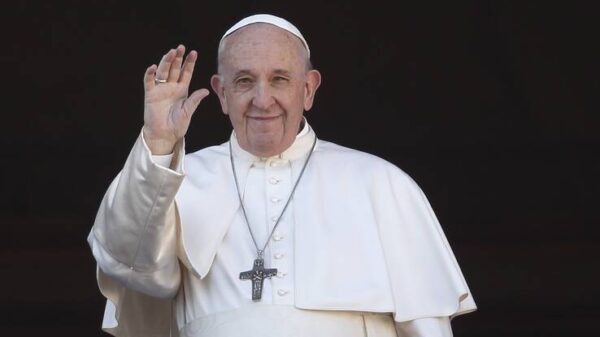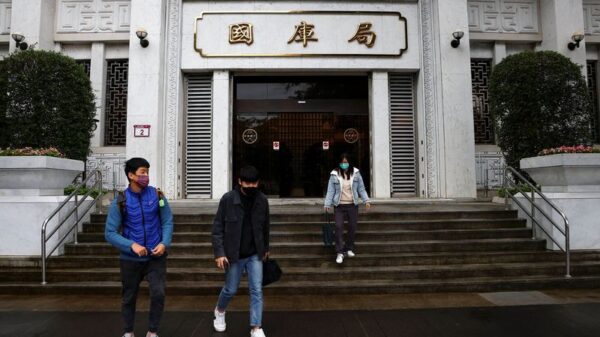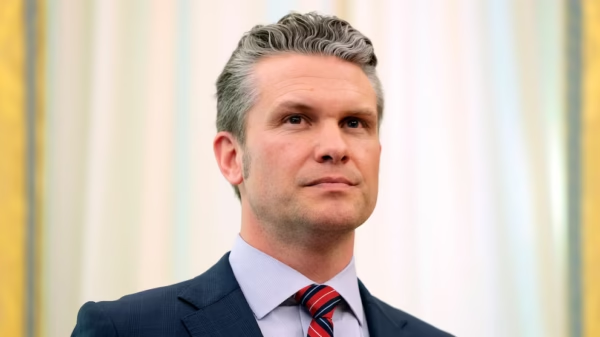Despite significant pressure from the European Union, leaders of Serbia and Kosovo have failed to reach a compromise in their latest round of talks, further jeopardizing their prospects of joining the EU, according to the EU’s chief diplomat, Josep Borrell.
Borrell, overseeing the “Belgrade-Pristina Dialogue” process, lamented that negotiators had put forth a “serious and balanced proposal” to address a critical obstacle in normalizing their relations. However, he expressed disappointment as both parties were unwilling to reach an agreement without attaching preconditions that the other side found unacceptable.
He emphasized that adhering to their commitments in the dialogue is the only way for both countries to progress toward EU membership, a goal they both aim to achieve.
Despite the involvement of leaders from France, Germany, and Italy, Kosovo Prime Minister Albin Kurti and Serbian President Aleksandar Vucic continued to exchange blame for the lack of progress, a recurring pattern in their interactions.
Thursday’s talks primarily aimed to implement an agreement reached by Vucic and Kurti in February, although they have since raised concerns about it. The idea was to work on new proposals and ideas discussed in exploratory talks held last weekend.
However, distrust between Kurti and Vucic has made them challenging partners for the EU. Kurti stated that during the meetings, Vucic had refused to sign both the February agreement and an action plan to make it operational, insisting that only a signature guarantees acceptance and implementation.
Vucic dismissed this as “tricks” and claimed that there was no issue of signing or not signing, accusing someone of attempting to shift blame.
The meetings occurred on the sidelines of an EU summit, raising concerns about the possible resumption of violence that has marked relations between Serbia and Kosovo since Kosovo’s unilateral declaration of independence from Serbia in 2008. Belgrade still regards Kosovo as a Serbian province and has not recognized its independence.
Vucic affirmed that “Serbia can’t accept membership in the U.N. or independence for Kosovo.”
Efforts to revive the talks came after a major gun battle on September 24, involving about 30 Serb gunmen who crossed into northern Kosovo, resulting in the death of a police officer. Tensions escalated as they set up barricades, leading to a shootout with Kosovo police in which three gunmen were killed.
Kurti called for the extradition of those involved in the attack, notably their leader Milan Radoicic, to Kosovo for a fair trial, with EU’s rule of law mission in Kosovo monitoring it. Radoicic was briefly detained, questioned, and released in Serbia earlier this month.
The fundamental issue lies in the reluctance of both Vucic and Kurti to make concessions without assurances of reciprocation from the other side.
The EU and U.S. have been urging Kosovo to allow the establishment of an Association of Serb-Majority Municipalities, which would oversee various aspects, such as education, healthcare, land planning, and economic development in communities in northern Kosovo primarily populated by ethnic Serbs. Kurti is apprehensive that such an association could lead to the creation of a Serb mini-state with extensive autonomy.
The EU has offered a proposal to address this concern, with Borrell highlighting its potential to advance the normalization process and prevent further escalations of violence.
Despite the impasse, Kurti argued that Kosovo deserves official candidate status for EU membership due to its democratic and economic progress.




































